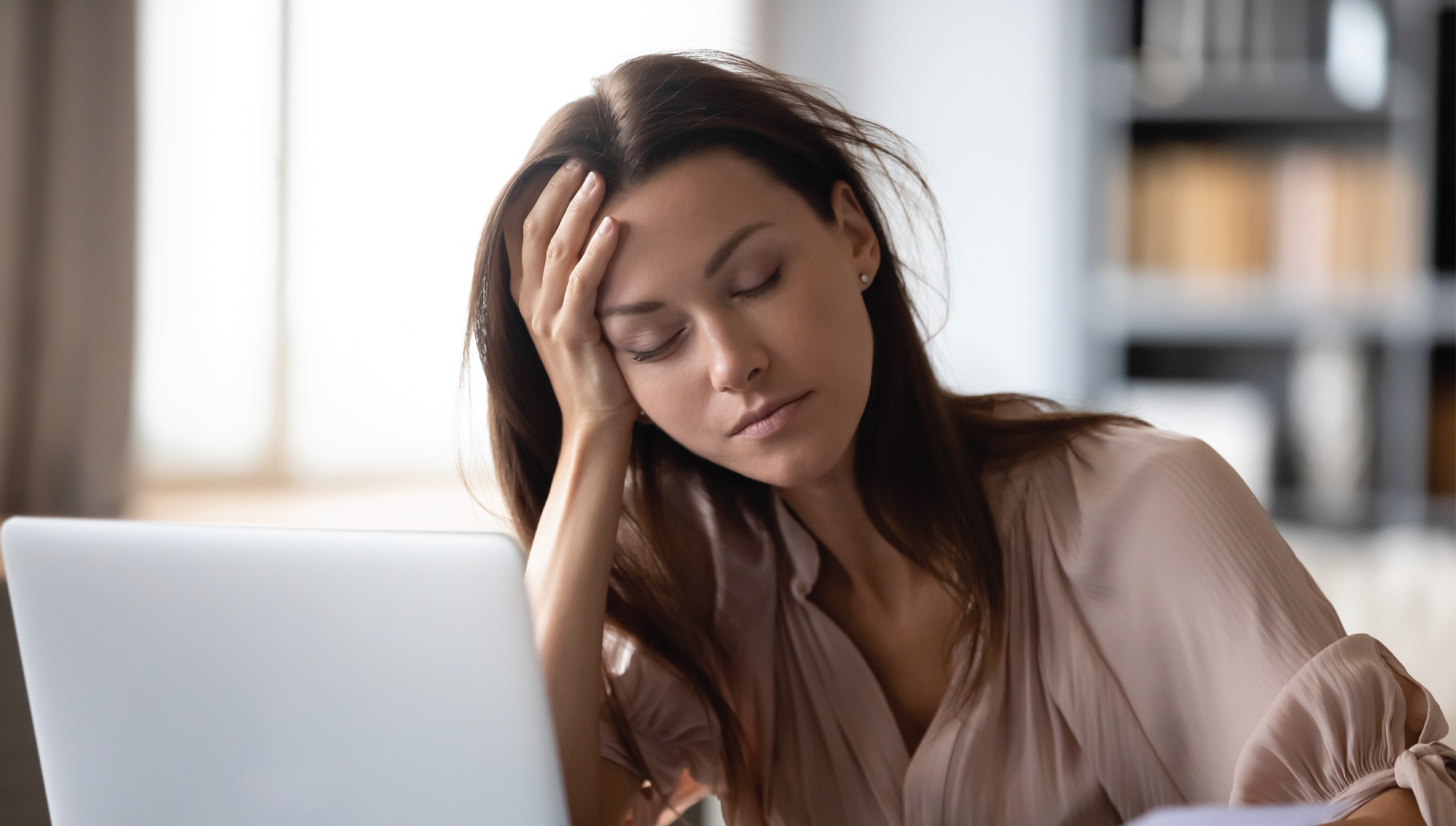
There are three indisputable things every person on this planet needs to survive—food, water, and sleep. Yet, sleep is usually one of the first things to suffer when we get busy, leading us to doze off and experience excessive drowsiness the following day.
Daytime drowsiness is a huge contributing factor to why we doze off, but what is the root cause of it, and what does it mean?
Keep reading to learn what it means to doze off, why we doze off, the causes, and how we can work to resolve it.
What Does It Mean To Doze Off?
To doze off means to start to sleep. It's usually used in the context of someone who falls asleep unintentionally and for a short period of time. It's mainly used to describe someone who falls asleep during the day and stays asleep for a short while.
Doze can be defined as "to sleep lightly or fitfully; fall into a light sleep unintentionally." Doze can be traced back to the 1640s and is most likely from the Scandinavian dialectic.
Why Do We Doze Off?
Ultimately, we doze off when we experience excessive daytime sleepiness (EDS). Symptoms like uncontrollable yawning, heavy eyelids, and struggling to stay awake are all signs of EDS.
Excessive daytime sleepiness is difficulty staying awake and alert when required. Similar to fatigue, although the two are defined independently.
The main causes of EDS, which lead us to doze off during the day, typically stem from sleep disorders like insomnia, sleep apnea, and overall sleep deprivation.
Let's break down the leading causes of dozing off and EDS a little further.
What Causes Us to Doze Off?
Dozing off or EDS is not a condition in itself, but rather a result of a deeper issue.
Dozing off caused by Sleep Deprivation
Sleep deprivation occurs when we do not receive the required hours of sleep to function correctly. Sleep deprivation causes us to doze off simply because we are not getting enough sleep. This can be both a short-term and long-term issue.
Let’s look at some contributing factors to sleep desperation that leads us to doze off.
- Lack of prioritizing sleep
- Insomnia
- Sleep apnea
- Restless Leg Syndrome
- Circadian Rhythm Sleep-Wake Disorders
- Poor Sleep Quality
Dozing off caused by Medical Conditions
Aside from not getting enough sleep at night, dozing off and EDS can also be caused by underlying medical conditions.
Medical conditions requiring sedatives will also contribute to EDS and lead you to doze off more frequently.
Let’s look at some common medical conditions that lead us to doze off.
- Mental health disorders
- Narcolepsy
- Neurodegenerative diseases
- Neurodevelopmental disorders
- General health problems
How to Stop Dozing Off
Solutions are available for most people who doze off and experience excessive sleepiness. However, the most effective solution must be tailored to each person based on the specific cause or contributing factors.
Since both poor sleep habits and medical and brain conditions can cause EDS and other similar sleep conditions that cause us to doze off, there isn't just one general solution that will apply across the board.
As we've stated before, seeking medical advice in situations like these is best to ensure you are getting the proper treatment and advice.
If drowsiness results from sleep deprivation, start by implementing steps to a healthier sleep lifestyle, such as implementing a bedtime routine, limiting caffeine and alcohol, getting outside during the day, limiting naps, and regularly exercising.
In many sleep-related treatments, improvements to sleep hygiene are made by taking into account a person's sleep habits, their bedroom environment, and whether the correct mattress and pillow are being used.
If EDS is tied to a specific medical problem, the treatment will typically focus on uncovering and resolving that underlying issue. In addition to other therapies, healthy sleep tips can be integrated into people's daily routines by improving their sleep hygiene.
At MLILY, we understand the importance of good sleep. That's why we have a dedicated sleep blog that provides tons of information about achieving the best sleep possible. Check it out today to learn more helpful sleep tips!
